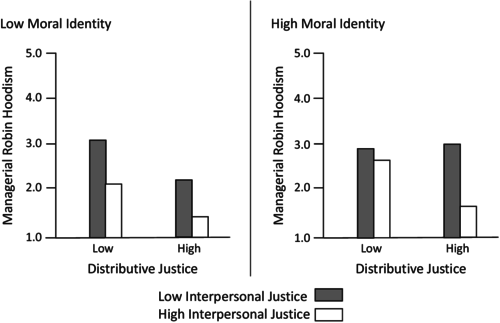2023
Cropanzano, R., Keplinger, K., Lambert, B. K., Caza, B., Ashford, S. J.
The Organizational Psychology of Gig Work: An Integrative Conceptual Review
Journal of Applied Psychology, 108(3):492-519, March 2023 (article)
2022
Cropanzano, R., Skarlicki, D. P., Nadisic, T., Fortin, M., Van Wagoner, P., Keplinger, K.
When Managers Become Robin Hoods: A Mixed Method Investigation
Business Ethics Quarterly, 32(2):209-242 , Cambridge University Press, 2022 (article)
2021
Keplinger, K., Hanson, S.
Religious Leaders and Entrepreneurs: Synthesizing Values-driven Leadership Approaches to Managing Organizations
Academy of Management Proceedings, 2021(1):15569, Academy of Management Annual Meeting 2021, 2021 (article)


